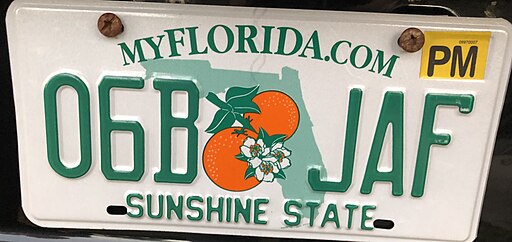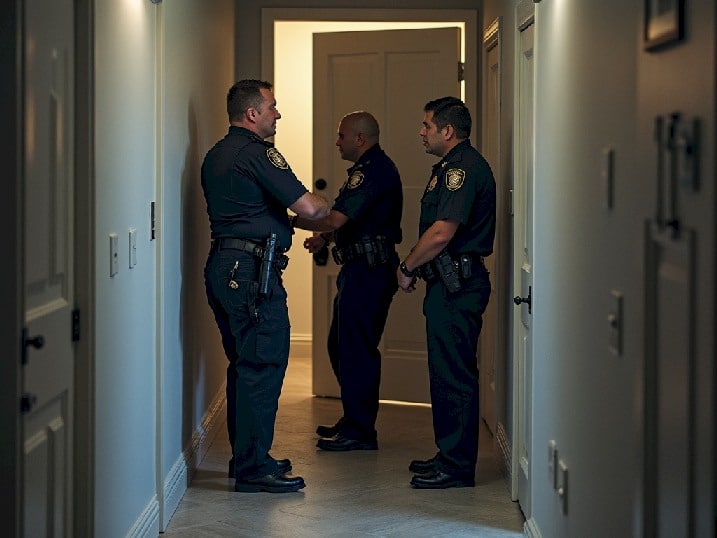FDLE Search – first step to finding public records in FL
The Florida Department of Law Enforcement (FDLE) provides a public search platform that allows you to access a variety of criminal justice information
The Florida Department of Law Enforcement, or FDLE, has some cool websites where you can learn about people and stay safe. On their sites, you can search to see if someone has an arrest record or is on the list of bad guys not to trust near schools. All the info comes right from the police in Florida so it’s always as updated as possible.
I think it’s smart that the FDLE shares this public data. That way neighbors can be on the lookout for anyone who might cause trouble. Kids can check the offenders list too to remember faces and names to stay away from. And grownups like teachers can keep an extra close watch just in case. It’s about keeping our communities feeling secure.
The best part is it takes just seconds to run a search. The sites are super user-friendly so even 5th graders can quickly find the facts. So next time you feel unsure, don’t be afraid to check the FDLE sites. Knowledge is power when it comes to safety, right?
free warrant search
A free warrant search allows you to check if there are any outstanding warrants in your name or someone else’s within the state of Florida. By using public records and databases from state and local law enforcement agencies, such as the FDLE, you can access warrant information without a fee. This search helps maintain personal awareness and address any potential legal issues quickly.
Types of Warrants in Florida
All the different types of warrants issued:
- Florida Arrest Warrants
Orders authorizing the arrest of an individual suspected of a crime.
- Search Warrants
Legal permission for law enforcement to search a specific location.
- Bench Warrants
Issued when someone fails to appear in court.
- Extradition Warrants
For transferring a suspect from one jurisdiction to another.
- Civil Warrants
Related to non-criminal matters like evictions.
- Alias Warrants
Issued when a defendant fails to respond to a citation.
- Capias Warrants
For the arrest of a person found in contempt of court.
- Failure to Appear Warrants
Issued when an individual misses a court date.
- Probation Violation Warrants
For violating the terms of probation.
- No-Knock Warrants
Allow law enforcement to enter without prior notification.
- Execution Warrants
Orders to carry out a death sentence.
- Material Witness Warrants
Detaining a witness is necessary for a case.
- Seizure Warrants
Authorizing the confiscation of property or assets.
- Temporary Restraining Orders or stalking
Immediate orders for protection in domestic cases.
- Parole Violation Warrants
Issued when parole conditions are breached.
Public Records in Florida
Explore the extensive array of public records available:
Personal
- Arrest Records
Details of arrests made by law enforcement agencies.
- Criminal Records
Criminal history reports.
- Court Records
Information on civil and criminal court proceedings.
- Marriage Records
Official documentation of marriages registered in Florida.
- Divorce Records
Records of divorce filings and decrees.
- Birth Records
Certificates and records of births.
- Death Records
Official documentation of deaths.
- Driving Records
Histories of driving licenses, violations, and statuses.
- Sex Offender Registry
Listings of registered sex offenders.
- Florida Inmate Records
Information on current and past inmates.
Property and Business
- Property Records
Data on property ownership, valuations, and transactions.
- Business Licenses
Information on registered businesses and professional licenses.
- Voter Registration Records
Details on registered voters in Florida.
- Bankruptcy Records
Documentation of bankruptcy filings.
- Lien Records
Information on property and asset liens.
- Police Reports
Official reports filed by law enforcement.
- Probate Records
Records related to wills and estate distributions.
- Tax Records
Information on property and income taxes.
- Environmental Records
Data on environmental permits and violations.
- Professional Licenses
Verification of licenses for professionals like doctors and contractors.








